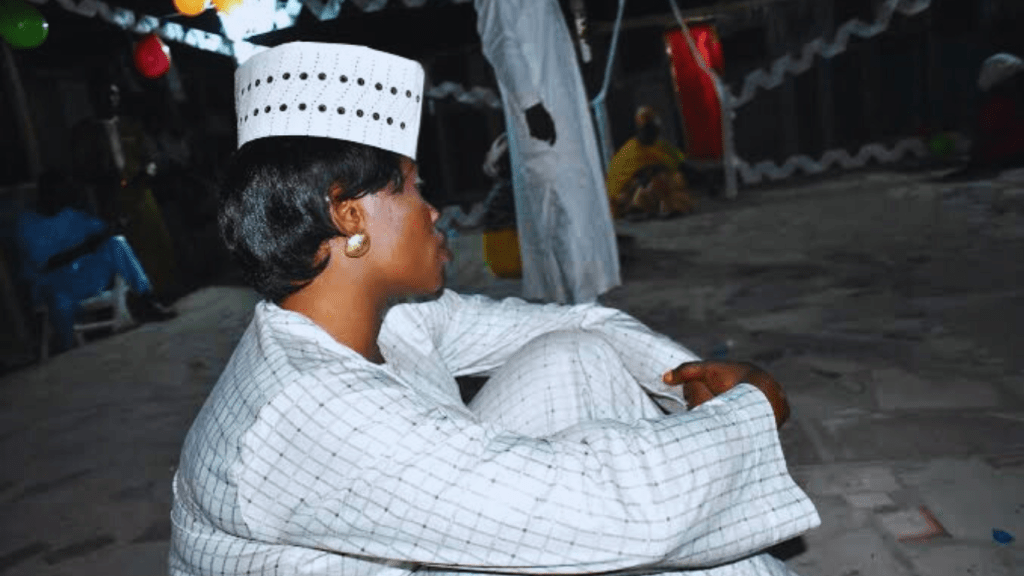Gidan Gala: House of exploitation for women, girls

There are allegations of police turning a ‘blind’ eye to illegal activities at these ‘entertainment houses’. Photo ICIR
The decision taken by the Gombe state government to shut down of all ‘Gala Houses’ within the state is a directive worthy of emulation.
The state’s decision, prompted by numerous complaints from citizens, is a response to the disturbingly frequent illegality, criminal activities, and security breaches occurring within these nightclubs.
“Night Clubs”
In various major cities across Nigeria, including Abuja, one can find local Hausa entertainment venues known as “Gidan drama,” “Gala house,” or “Solo house.”
Gidan Gala, in particular, gained prominence with the rise of some of its artists, such as Shuaibu Lilisco and Sani Musa Mai Iska, who later became popular figures in Kannywood, (Kannywood is the sobriquet for Hausa-language cinema. It is a part of the larger Nigerian cinema, known as Nollywood). Consequently, it has evolved into a breeding ground for Kannywood actors and actresses.
Despite outward appearances of normalcy during their performances, investigations by prominent news outlets, including the Daily Trust, the International Centre for Investigative Reporting, and Radio Nigeria revealed a different reality.
These establishments serve as a front, concealing the fact that many of the female performers are engaged in sex work, and some of them revealed in an interview to be younger than 14 years old.
The true depths of these so-called “Houses of entertainment” remain shrouded in darkness, hidden from public view.
The individuals referred to as ‘chairmen’ exploit these girls, subjecting them to physical abuse for even minor infractions, at their whims. Additionally, they suffer various other forms of mistreatment, particularly if they fail to generate income as expected.
In the name of entertainment!!
In the name of entertainment, these places have transformed into breeding grounds for drug addiction and prostitution, resembling a grim underworld where cheap sex is commodified, and the self-esteem of young girls is systematically eroded.
Some of the girls performing in these ‘Houses’ are married but have fled their homes, while many are underage. Pregnancies are no barrier, as there is a designated ‘centres’ for abortions.
This establishment operates a well-organised and highly profitable network involving forced labour, human trafficking, drug trade, and sexual exploitation. The reality
The operators do all these to make quick and high profits but offer little hope for the so-called artists who are mostly, vulnerable girls.
Lifeline for vulnerable girls
The closure of Gala House carries with it a glimmer of hope, a lifeline for countless innocent and vulnerable young girls who have been trapped in its clutches.
It represents a profound stride towards taming the rampant and documented criminality that have festered within its walls, thereby contributing to the greater security.
This action signifies a beacon of protection and a chance for these girls to break free from their chains and embrace a brighter, more promising future.
Writing by Abdullahi Lamino; Editing by Saadatu Albashir and Adeniyi Bakare

